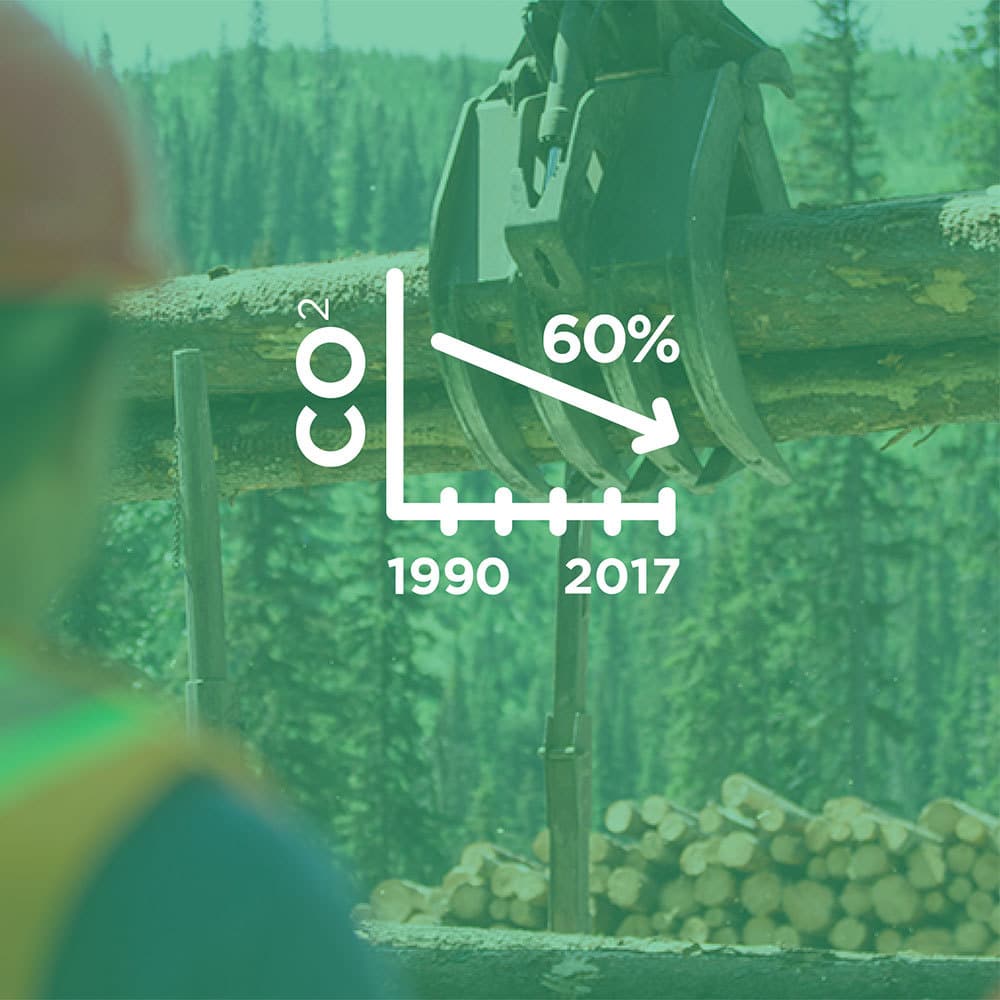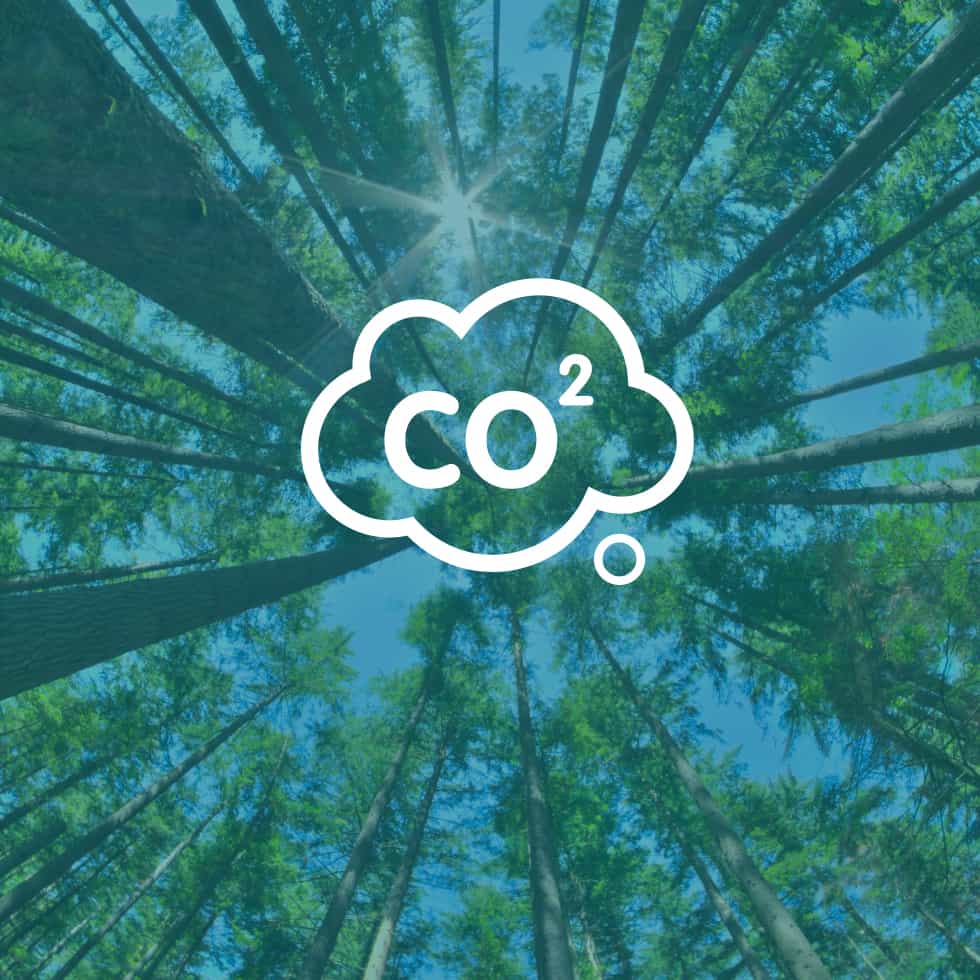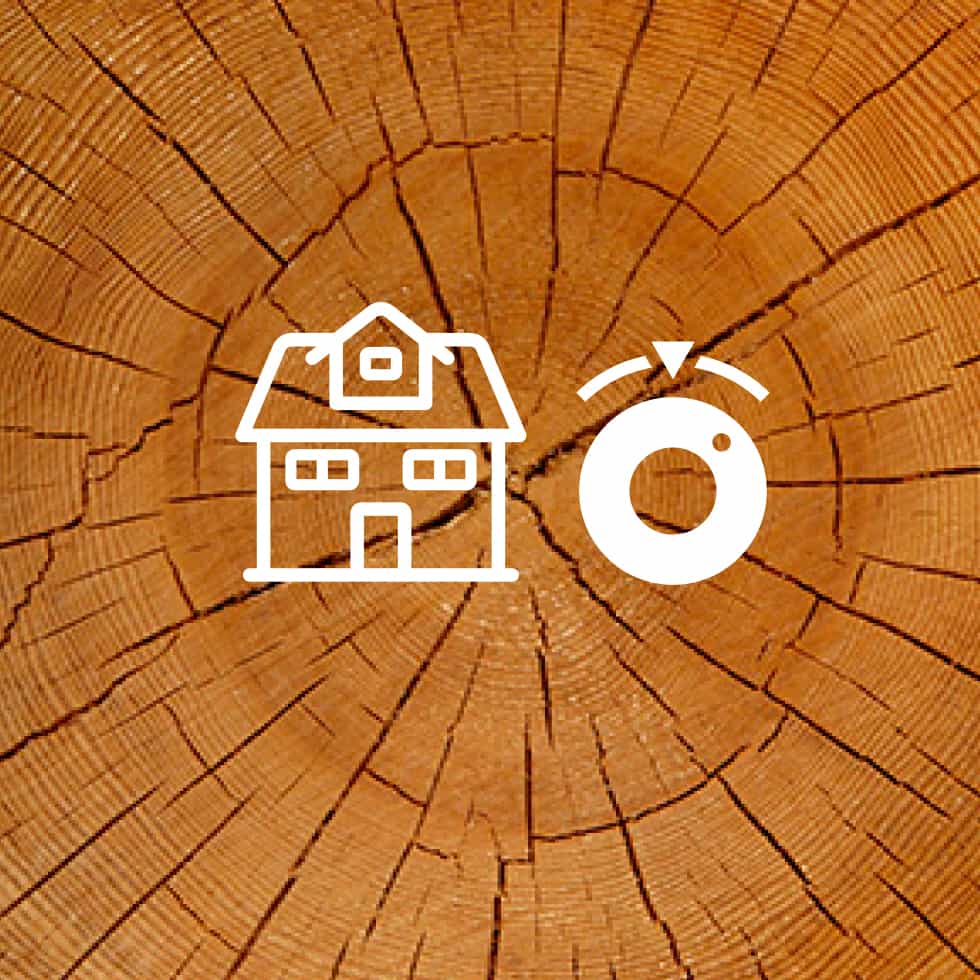
B.C. is a world leader in sustainable forestry. Healthy forests are part of the ecological and natural heritage that the people of B.C. take great pride in, and the commitment of forest producers to honour these values is firm. B.C.’s sustainable forests, and the products made from them, play a critical role in helping Canada meet its carbon emissions commitments for the long term.
B.C.'s forest is larger than France and Germany combined
B.C. is home to beautiful parks and expansive protected areas. Much of the natural beauty of the province is derived from its forests, which make up 62% of the province’s land base.
Canada has three times more third-party certified forest than any other nation in the world, and the majority of B.C.’s annual harvest comes from operations that are certified to sustainable forest management standards or meet internationally-recognized criteria for environmental management systems. To ensure that the beauty and ecosystems of B.C.’s forests are preserved, we harvest less than 1% of the forest each year, and by law these areas must be replanted after harvesting. In fact, for every tree that is harvested, three seedlings are planted in its place to ensure that our forest is robust and healthy forever. That’s why customers of B.C. and citizens of our province can continue to use B.C. pulp, paper, and wood products with confidence that they are making a sound choice for the planet.
A partner in the fight against climate change
Carbon remains in the wood not only for the life of the tree, but for decades after in products such as lumber, millwork or furniture. For example, a typical 2500 square-foot wood frame home is estimated to have 30 metric tonnes of carbon stored in it, the equivalent of driving your car for seven years. In comparison, the carbon footprint of a steel frame house is 26% higher than that of a wood frame house, and concrete frame house is 31% higher than wood. Building with wood represents a significant opportunity in sustainable development and emissions reduction.
We use virtually 100% of the harvested log
Useful Links & Resources
Fact sheets:
Forest Regeneration in BC
Low Carbon Forest Products for the World
Fact sheet:
Sustainable Forest Management in British Columbia
Fact sheet:
Tackle Climate Change, Use Wood



Stay current. Sign up for regular email updates from the team at COFI.

1220 – 595 Howe St.
Vancouver, British Columbia
Canada V6C 2T5
TEL: 604-684-0211
EMAIL: info@cofi.org


